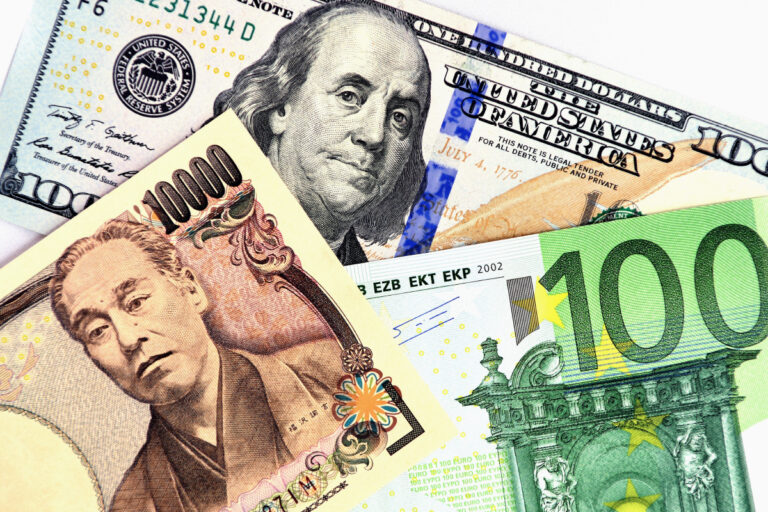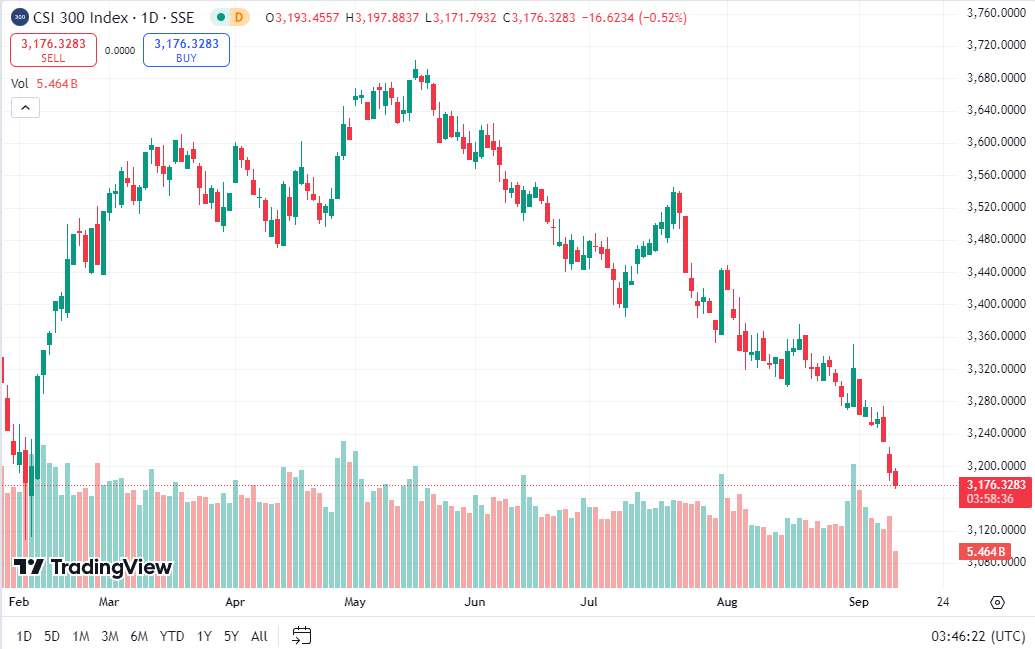 Mixed Movements Across Asian Markets
Mixed Movements Across Asian Markets
An important Asian equity index remained relatively stable as Hong Kong, mainland China, and Korea experienced slight declines. In contrast, Tokyo and Sydney markets saw gains, benefiting from a positive session in US equities, driven by renewed dip-buying activity. Benchmark Treasuries yields showed minimal change, while the US dollar strengthened.
Market fluctuations reflect investors' efforts to balance US recession fears against the possibility of a soft landing. Political uncertainties remain in focus, with a key debate between former President Donald Trump and Vice President Kamala Harris taking place later in the week.
“There is growing uncertainty around whether the Fed will proceed with a significant rate cut next week, which is boosting the US dollar,” said Charu Chanana, head of FX strategy at Saxo Markets. Attention has shifted from the economic outlook to upcoming US elections, further supporting the US dollar.
China’s Economic Weakness Persists

The CSI 300 Index in China is nearing its lowest point since January 2019, driven by ongoing concerns about the country’s weakening economy. This situation is increasing pressure on Chinese policymakers to introduce further support measures. Market participants are also awaiting China’s trade data, following recent reports showing heightened deflationary pressures.
Some Chinese biotech companies, including Wuxi AppTec, saw declines after the US passed a bill blacklisting firms considered foreign adversaries. Meanwhile, Alibaba shares surged by 5.2% in Hong Kong, as it joined the Stock Connect program, allowing mainland investors easier access to the tech giant.
Industrial commodities remain under pressure due to weak Chinese demand and global growth concerns. Iron ore prices, which dipped below $90 a ton for the first time since 2022, recovered slightly, closing 1.1% higher.
Key US CPI Data on the Horizon
Economists expect the upcoming US government report to show a 2.6% rise in the consumer price index (CPI) for August, the smallest increase since 2021. This data is crucial as Fed officials enter the blackout period before their Sept. 17-18 meeting.
Goldman Sachs reported that global equities were net sold for the eighth consecutive week, led by North America. This trend, which began in May, is partly driven by investor caution ahead of the US presidential election.
While some slowdowns do not necessarily indicate recessions, rising macro and political uncertainty places additional pressure on the market bulls, said Konstantinos Venetis of TS Lombard. The S&P 500 saw a 1.2% increase, with Nvidia and Tesla leading the gains.













